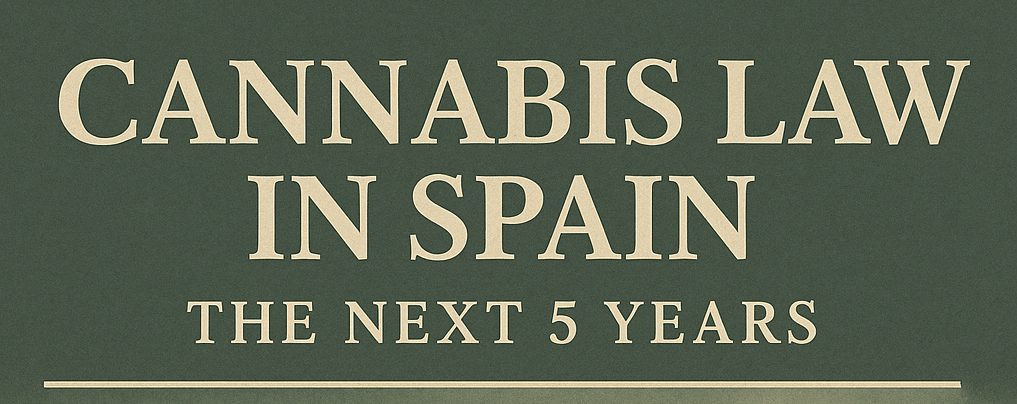Spain’s cannabis laws have long been a topic of debate, characterized by a mix of decriminalization, regional autonomy, and legal gray areas. This complex landscape has given rise to the unique phenomenon of cannabis social clubs, particularly in cities like Madrid. As we look ahead, understanding the current legal framework and its implications for these clubs is crucial, especially with potential reforms on the horizon.
Current Legal Status of Cannabis in Spain
In Spain, personal consumption and cultivation of cannabis in private spaces are decriminalized, provided they are intended for personal use and not visible from public areas. However, public possession and consumption remain administrative offenses, punishable by fines.
Commercial sale and trafficking of cannabis are criminal offenses, leading to significant legal penalties. This dichotomy creates a legal environment where private use is tolerated, but public and commercial activities are strictly regulated.
Cannabis Social Clubs Navigating the Legal Gray Area
Cannabis Social Clubs (CSCs) have emerged as a response to Spain’s unique legal stance on cannabis. These are non-profit associations where registered members collectively cultivate and distribute cannabis for personal use. The model operates under the premise that private consumption and cultivation are legal, thus creating a communal space for users.
However, CSCs exist in a legal gray area, lacking formal recognition at the national level. Their legality often depends on regional interpretations and enforcement.
Madrid’s Stance on Cannabis and CSCs
In Madrid, the approach to cannabis and CSCs has been notably conservative. The regional government has expressed concerns about the pro


